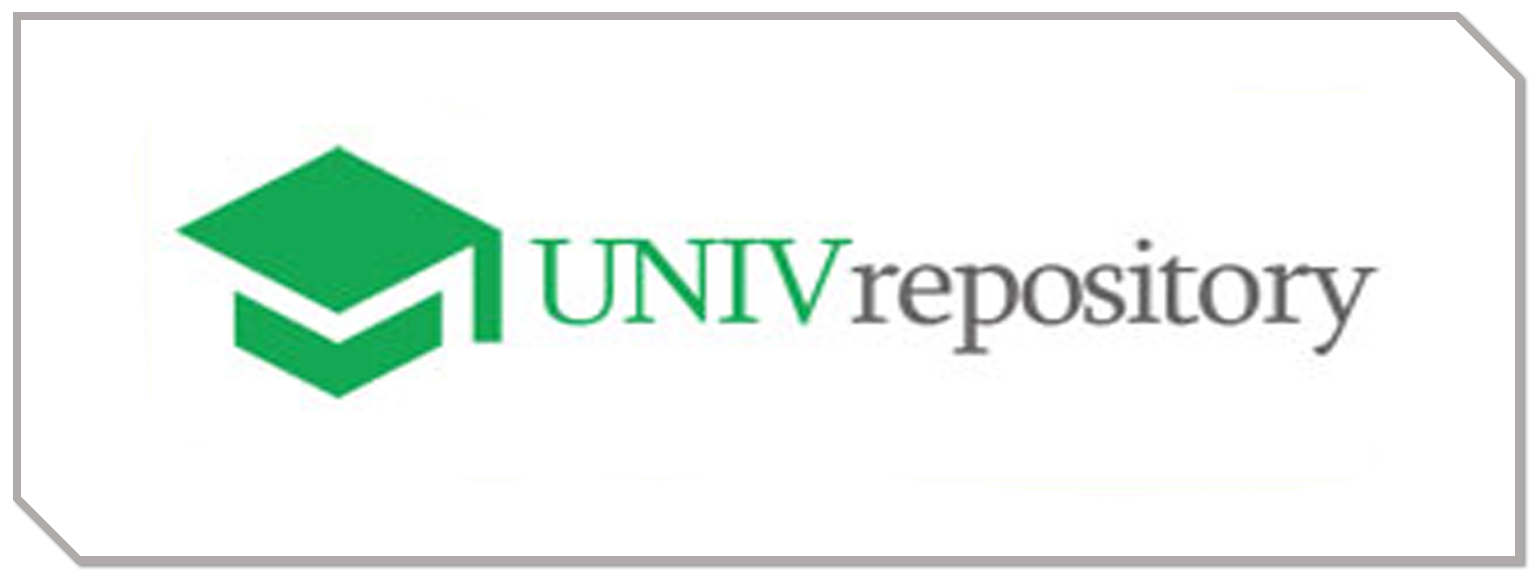ANALISIS IMPLEMENTASI PENDEKATAN PEMBELAJARAN SAINTIFIK PADA MATA PELAJARAN PAI DALAM MENINGKATKAN BERFIKIR KRITIS SISWA DI PKPPS MINHAJURROSYIDIN JAKARTA
DOI:
https://doi.org/10.38153/almarhalah.v8i1.13Keywords:
Islamic Religious Education, , Scientific Learning, Critical ThinkingAbstract
This research examines the analysis of the implementation of the scientific learning approach in the Islamic Religious Education (PAI) subject at PKPPS Minhajurroosyidiin Jakarta with the aim of enhancing students' critical thinking. The study utilizes a qualitative method, focusing on a series of stages in scientific learning, including planning, design, observation activities, questioning, experiments, data analysis, presentation of results, and learning evaluation. The research findings indicate that this approach successfully increases student engagement, enriches the learning process, and develops critical and creative thinking skills in understanding the teachings of PAI. The effectiveness of the scientific learning approach is evident in several key aspects, such as placing students as active subjects in the learning process, fostering the development of critical thinking skills, increasing student engagement, achieving in-depth learning outcomes, and receiving positive responses from both students and teachers. Factors influencing the implementation of this approach include teacher readiness, the availability of learning resources, school leadership support, student participation, curriculum and evaluation alignment, school culture, as well as understanding and implementation of Islamic values. The synergy among these factors is crucial for the successful implementation of the scientific approach and the enhancement of students' critical thinking in the context of the PAI subject. This research contributes to understanding the practical application of the scientific learning approach in the PAI subject and its impact on improving students' critical thinking. The holistic implementation of this approach requires teacher readiness, school support, student involvement, and a deep understanding of Islamic values. The research results are expected to serve as a foundation for developing more effective learning strategies oriented towards the development of critical thinking skills in students within the context of Islamic education.
References
Akbar, Firman Muhammad Abdurrohman, Erika Amelia, and Ahmad Rodoni. 2023. “ANALISIS KEBIJAKAN EKONOMI SYARIAH ZAMAN RASULULLAH SAW BERDASARKAN PERSPEKTIF HUKUM EKONOMI ISLAM.” Ar Rasyiid Journal of Islamic Studies 1(1): 1–12.
Assingkily, Muhammad Shaleh, M Rofi Fauzi, Mikyal Hardiyati, and Salmadina Saktiani. 2021. Desain Pembelajaran Tematik Integratif Jenjang MI/SD (Dari Konvensional Menuju Kontekstual Yang Fungsional). Penerbit K-Media.
Duryat, H Masduki. 2021. Paradigma Pendidikan Islam: Upaya Penguatan Pendidikan Agama Islam Di Institusi Yang Bermutu Dan Berdaya Saing. Penerbit Alfabeta.
Dariyanto, D, Nabil, N. (2022) Human Language Acquisition Al-Qurán Perspective. Almarhalah| Jurnal Pendidikan Islam, 20(2), 235-244.
Harahap, Mariani. 2020. “Implementasi Metode Bermain Pada Pembelajaran Sains Dalam Meningkatkan Kemampuan Berpikir Kritis Anak Di Raudhatul Athfal Assyifa Medan.”
Herman, Uus, Chaerul Rochman, and Maslani Maslani. 2020. “Model Evaluasi Ketercapaian Kompetensi Dasar Qur’an Hadits Berbasis Kognitif Pada Pembelajaran Pendidikan Agama Islam.” JINoP (Jurnal Inovasi Pembelajaran) 6(2): 136–48.
Hidayatulloh, Muhammad Ridwan, Aceng Kosasih, and Fahrudin Fahrudin. 2015. “Konsep Tasawuf Syaikh Nawawi Al-Bantani Dan Implikasinya Terhadap Pendidikan Agama Islam Di Persekolahan.” TARBAWY: Indonesian Journal of Islamic Education 2(1): 1–15.
Marbawi, Mahnan. 2010. “Motivasi Dan Learning Cycle Dalam Pembelajaran Pendidikan Agama Islam.”
Moleong, Lexy J. 1989. “Metodologi Penelitian Kualitatif.” (No Title).
Nasir, Tatang Muh. 2023. “Pembelajaran Pendidikan Agama Islam Dan Budi Pekerti Melalui Pengetahuan Metakognitif Dan Pendekatan Scientifik Dalam Meningkatkan Kemampuan Berpikir Kritis Siswa: Penelitian Quasi Eksperimen Pada Materi Tajwid Di Kelas IX SMPN 1 Kadipaten Kabupaten Tasikmalaya.”
Nabil, N. (2020). Dinamika Guru Dalam Menghadapi Media Pembelajaran Teknologi Informasi Dan Komunikasi. Almarhalah| Jurnal Pendidikan Islam, 4(1), 51-62.
Oviyanti, Fitri. 2017. “Urgensi Kecerdasan Interpersonal Bagi Guru.” Tadrib 3(1): 75–97.
Rohidi, Rohendi. 1984. “Edward III, George C (Edited), 1984, Public Policy Implementing, Jai Press Inc, London-England.” Journal S1 Ak Universitas Pendidikan Ganesha 1: 2.
Tiwery, Badseba. 2021. Kekuatan Dan Kelemahan Metode Pembelajaran Dalam Penerapan Pembelajaran HOTS: Higher Order Thinking Skills. Media Nusa Creative (MNC Publishing).
Downloads
Published
How to Cite
Issue
Section
License
Copyright (c) 2024 Almarhalah

This work is licensed under a Creative Commons Attribution-NonCommercial-ShareAlike 4.0 International License.









